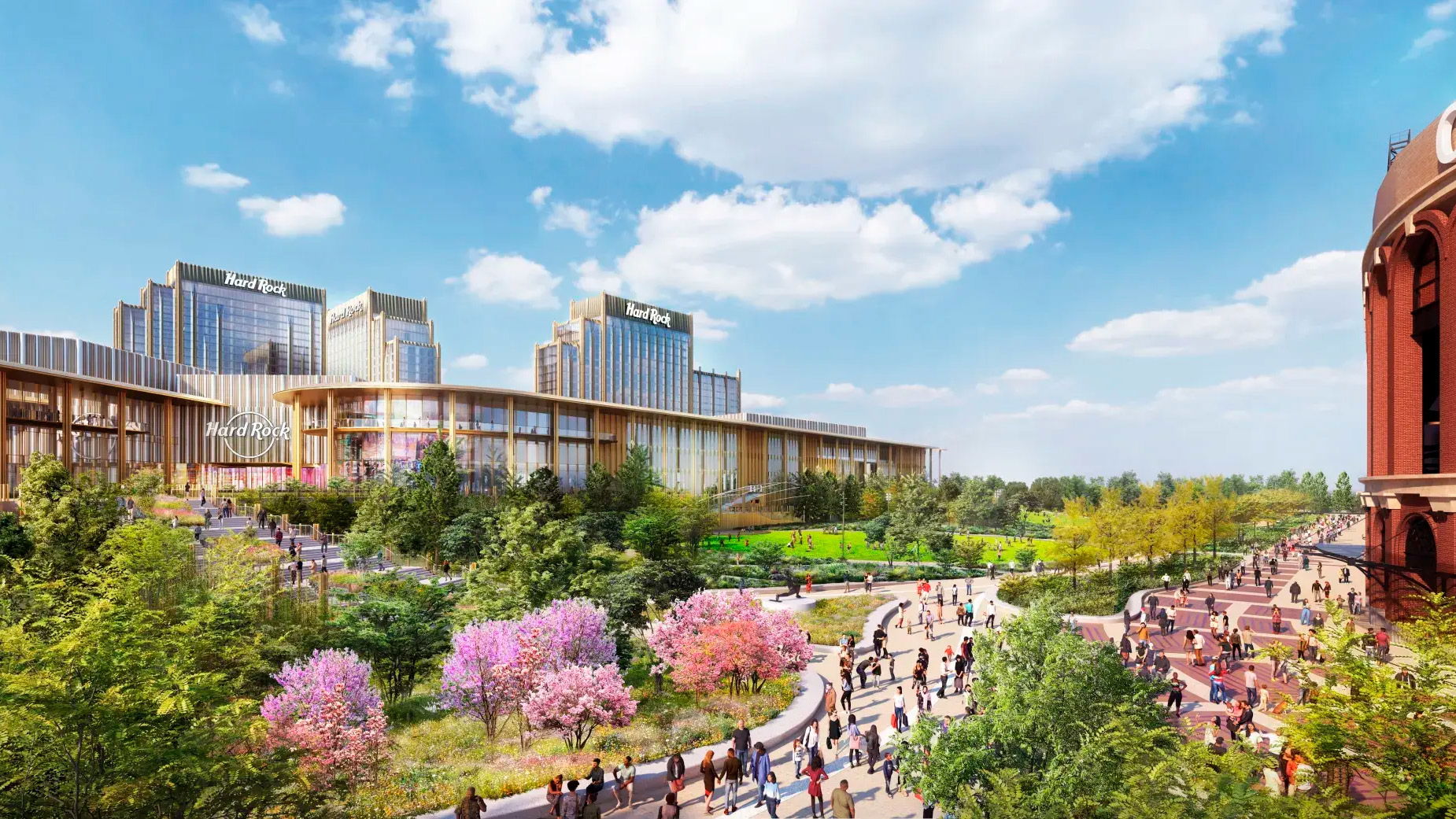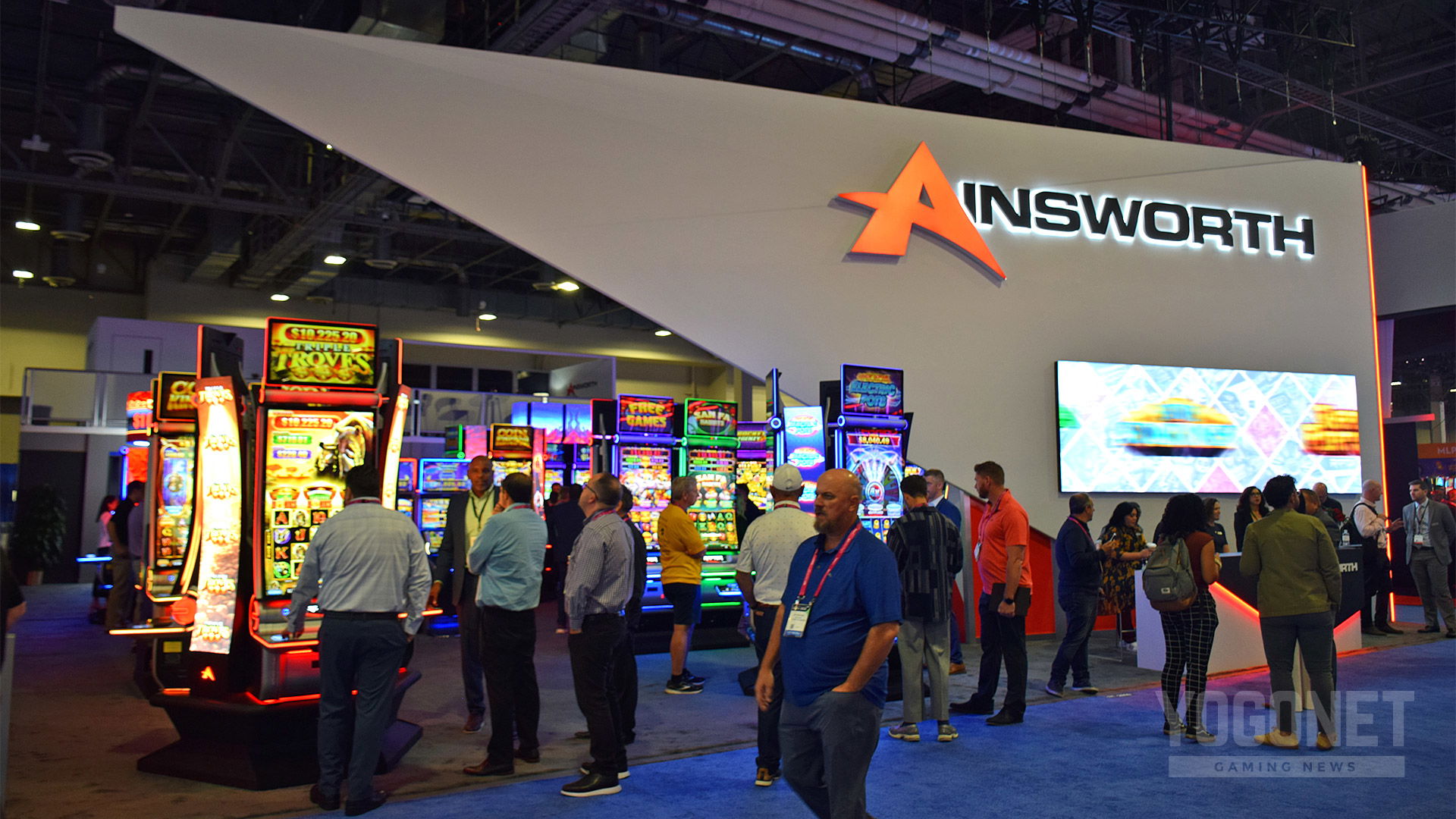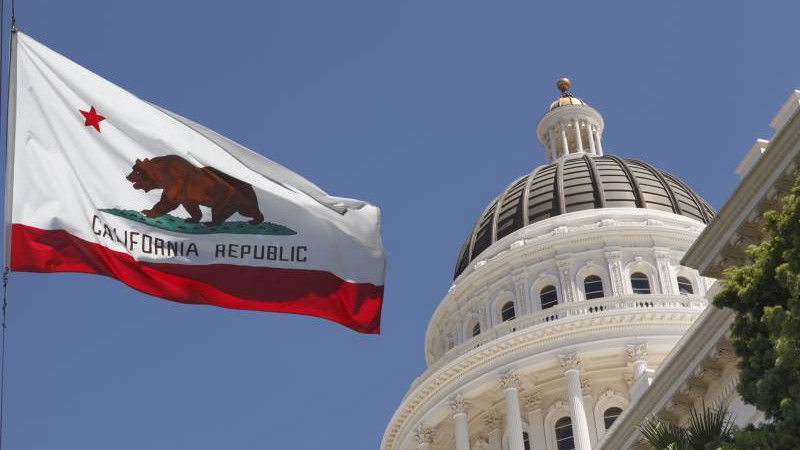Florida eyes more casinos

The Las Vegas Sands Corp., which owns or runs casino-based destination resorts in Las Vegas, Singapore, Macau and elsewhere, told the committee it was eager to bring its act to Florida. More specifically, company officials proposed a us$ 2 billion convention, trade show, vacation and gambling complex, most likely in South Florida. They shared a vision of high-rise hotels, vast exhibit halls, premium retail outlets, fancy restaurants and Vegas-style casinos.
"We want to build something so spectacular that the draw would be from South America and Europe," Andy Abboud, Sands' vice president of government relations, told lawmakers. "We don't want to re-circulate money just here in Florida."
At the same time, a legislative economist said Florida could sustain at least eight more casinos and they would contribute significantly more money to the state's anemic treasury than the casinos run by the Seminoles.
The state could collect at least us$ 1.5 billion just from selling the licenses, said Amy Baker of the Office of Economic and Demographic Research. Then, after a delay of several years during construction, hundreds of millions of dollars could come annually from taxes generated by casino revenues. "And all of my assumptions on the dollars were about as conservative as you could get," Baker told members of the House Select Committee on Seminole Indian Compact Review.
The discussion came as lawmakers, Governor Charlie Crist and the Seminoles continue a sporadic, convoluted series of negotiations toward a "compact" that would expand the tribe's gambling offerings and contribute us$ 150 million annually to the state. More immediately, a deal would bring harried budget writers us$ 287 million now frozen in escrow.
The talks have moved through numerous legal and legislative phases, leading to the current impasse. The state's pari-mutuel industry, saying it needs to defend and widen its business, also has a seat at the table. With all of that in mind, lawmakers said they had no choice but to look for other ways to generate revenue from gambling. Historically, the Legislature has adamantly refused to open the state to full-bore casino resorts.
This action could also increase the state's leverage over the tribe. Lobbyist Ron Book, who represents several pari-mutuel operations and attended the hearing, said: "Everything that's going on in there is a distraction. The House is never going to allow this kind of gambling expansion."
After the session, Representative Bill Galvano, the committee chairman, came close to conceding the point, saying he did not see it happening this year. In addition, local or statewide referendums would be required before gambling could be significantly expanded.
Still, Baker said, the opportunity exists. Based on population density, per capita income and proximity to major airports, the most promising markets for new casinos tend to be in the Tampa Bay area, South Florida, Southwest Florida and along the Space Coast, she said. Likely bidders for licenses included gaming companies like Sands, the Seminole Tribe and operators of horse racing tracks and other pari-mutuel sites.
Sands representatives repeatedly said they were ready to seize a piece of that opportunity. "There is a recognition that Florida is a gaming state," said Nick Iarossi, a Tallahassee consultant who worked with Sands on its destination resort proposal.
Galvano said he hoped that presentations would stimulate more discussion of legalized gambling.

















